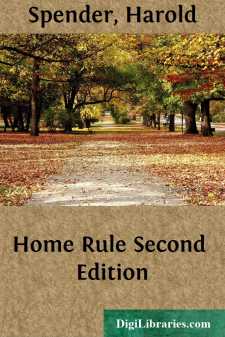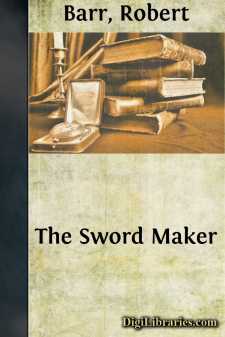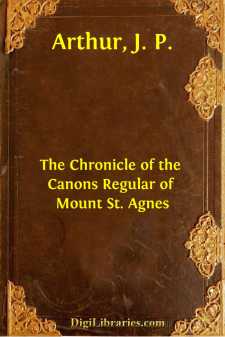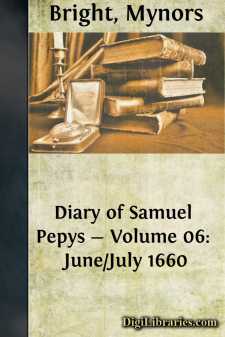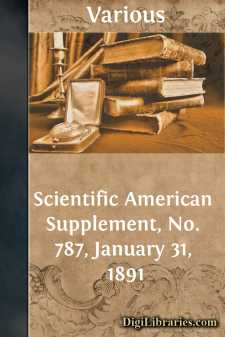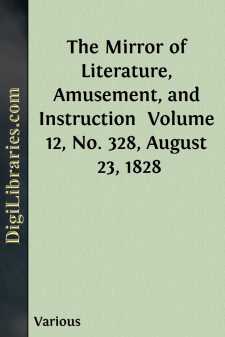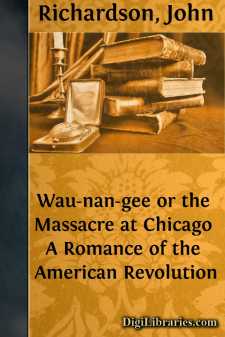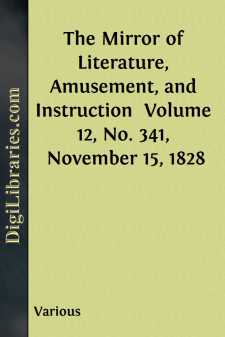Categories
- Antiques & Collectibles 13
- Architecture 36
- Art 48
- Bibles 22
- Biography & Autobiography 813
- Body, Mind & Spirit 142
- Business & Economics 28
- Children's Books 17
- Children's Fiction 14
- Computers 4
- Cooking 94
- Crafts & Hobbies 4
- Drama 346
- Education 46
- Family & Relationships 57
- Fiction 11829
- Games 19
- Gardening 17
- Health & Fitness 34
- History 1377
- House & Home 1
- Humor 147
- Juvenile Fiction 1873
- Juvenile Nonfiction 202
- Language Arts & Disciplines 88
- Law 16
- Literary Collections 686
- Literary Criticism 179
- Mathematics 13
- Medical 41
- Music 40
- Nature 179
- Non-Classifiable 1768
- Performing Arts 7
- Periodicals 1453
- Philosophy 64
- Photography 2
- Poetry 896
- Political Science 203
- Psychology 42
- Reference 154
- Religion 513
- Science 126
- Self-Help 84
- Social Science 81
- Sports & Recreation 34
- Study Aids 3
- Technology & Engineering 59
- Transportation 23
- Travel 463
- True Crime 29
Sort by:
by:
Raymond F. Jones
This was the rainy year. Last year had been the dry one, and it would come again. But they wouldn't be here to see it, Captain Louis Carnahan thought. They had seen four dry ones, and now had come the fourth wet one, and soon they would be going home. For them, this was the end of the cycle. At first they had kept track of the days, checking each one off on their calendars, but the calendars had...
more...
by:
Lloyd Osbourne
CHAPTER I. In Which Morris Suspects How very little does the amateur, dwelling at home at ease, comprehend the labours and perils of the author, and, when he smilingly skims the surface of a work of fiction, how little does he consider the hours of toil, consultation of authorities, researches in the Bodleian, correspondence with learned and illegible GermansвÐâin one word, the vast...
more...
by:
Harold Spender
CHAPTER I. Very nearly a generation of time has elapsed since, in 1886, Mr. Gladstone expounded in the British House of Commons his first Bill for restoring to Ireland a Home Rule Parliament. Nearly twenty years have passed since that same great man, indomitably defying age and infirmities in the pursuit of his great ideal, passed the second Home Rule Bill (1893) through the British House of Commons....
more...
by:
Robert Barr
I AN OFFER TO OPEN THE RIVER Considering the state of the imperial city of Frankfort, one would not expect to find such a gathering as was assembled in the Kaiser cellar of the Rheingold drinking tavern. Outside in the streets all was turbulence and disorder; a frenzy on the part of the populace taxing to the utmost the efforts of the city authorities to keep it within bounds, and prevent the...
more...
by:
J. P. Arthur
CHAPTER I Of the first founders of the Monastery at Mount St. Agnes, and how Master Gerard Groote first pointed out this place to them The House of Mount St. Agnes, which lieth outside the walls of the town of Zwolle, and on the eastern side thereof, had its origin and completion in this way. The place used to be called in the vulgar tongue Mount Nemel and lieth not far from Zwolle, but one may...
more...
by:
Mynors Bright
June 1st. This morning Mr. Sheply disposed of the money that the Duke of York did give my Lord's servants, 22 ducatoons 3 came to my share, whereof he told me to give Jaspar something because my Lord left him out. [Foreign coins were in frequent use at this time. A Proclamation, January 29th, 1660-61, declared certain foreign gold and silver coins to be current at certain rates. The rate of the...
more...
by:
Various
STEAM ENGINE VALVES. By THOMAS HAWLEY. In considering the slide valve in its simple form with or without lap, we find there are certain limitations to its use as a valve that would give the best results. The limitation of most importance is that its construction will not allow of the proper cut off to obtain all the benefits of expansion without hindering the perfect action of the valve in other...
more...
by:
Various
ANCIENT PLAN OF OXFORD CASTLE. By these mysterious ties the busy pow'r Of mem'ry her ideal train preserves Intire; or, when they would elude her watch, Reclaims their fleeting footsteps from the waste Of dark oblivion. AKENSIDE Gentle, courteous, and patient reader—to understand the above plan, it is requisite that you carry your mind's eye back to those troublous times when men...
more...
by:
John Richardson
CHAPTER I. “He has come to ope the purple testament of war.” —Richard II It was the 7th of August, 1812, when Winnebeg, the confidential Indian messenger of Captain Headley, commanding Fort Dearborn, suddenly made his appearance within the stockade. With a countenance on which was depicted more of the seriousness and concern than usually attach to his race, he requested the officer of the guard,...
more...
by:
Various
TEMPLE AT ABURY. Sermons in stones And good in every thing.—SHAKSPEARE. What means the mysterious circle of stocks and stones on the other side? Such will be the question of many a lover of fun, novel, fiction, and romance; and though we cannot settle their origin with the quickness or the humour of Munden's Cockletop, we will try to let our inquirer into the secret with the smallest show of...
more...




